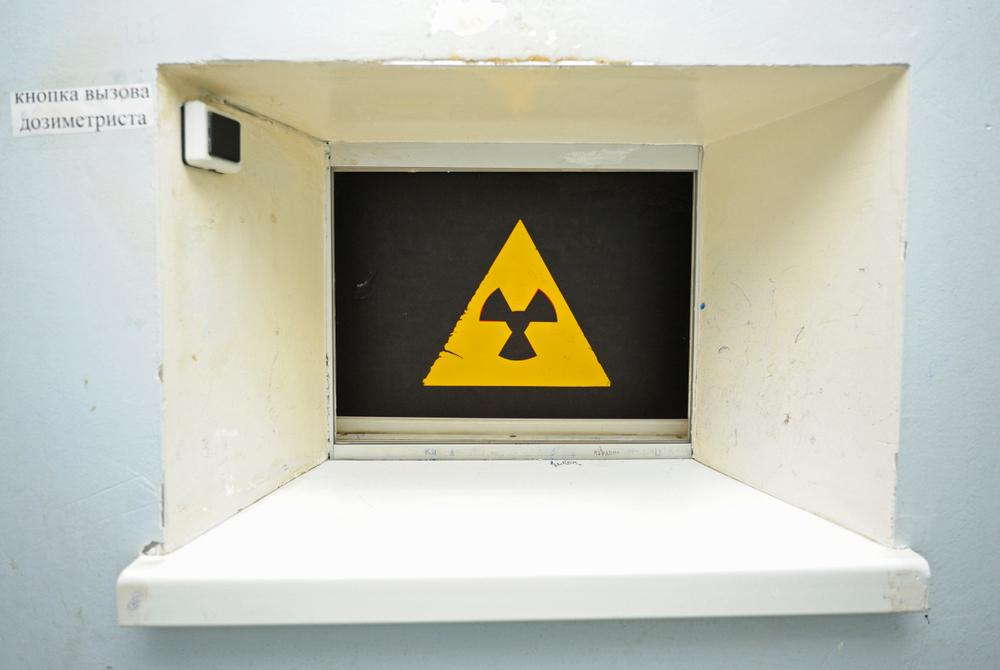
The International Atomic Energy Agency (IAEA) held the largest training course on the creation and management of dosimetry labs last week, preparing more than ever in the measuring of radiation doses.
“In scope and reach, this training represents a milestone in our efforts to boost dosimetry capabilities in countries worldwide,” Paula Toroi, a medical radiation specialist at the IAEA, said.
Dosimeters are the devices used to measure and detect radiation. Calibrations and certification for them need to be conducted regularly in specialty labs, such as the network of 86 dosimetry labs the IAEA supports across 72 countries. In this case, 65 countries participated in the training session, which brought together 100 specialists throughout the week, all looking to expand their nations’ capabilities for medical radiation therapy, diagnostics and the measuring of radiation in the environment.
“The community that maintains dosimetry measurement standards is a small, highly specialized community,” Luis Santos, a participant from Portugal’s Instituto Superior Técnico, said. “To exchange knowledge and experience, experts have no other choice than to look beyond borders. This training course as well as the IAEA/WHO SSDL network in general offers very specific, unique knowledge which cannot be found anywhere else.”
Some participant nations were looking to set up their first dosimetry labs. While gathered together for the largest session of its kind, they were also subject to the first course that covered all aspects of managing these labs, including applying International Organization for Standardization (ISO) quality standards.




